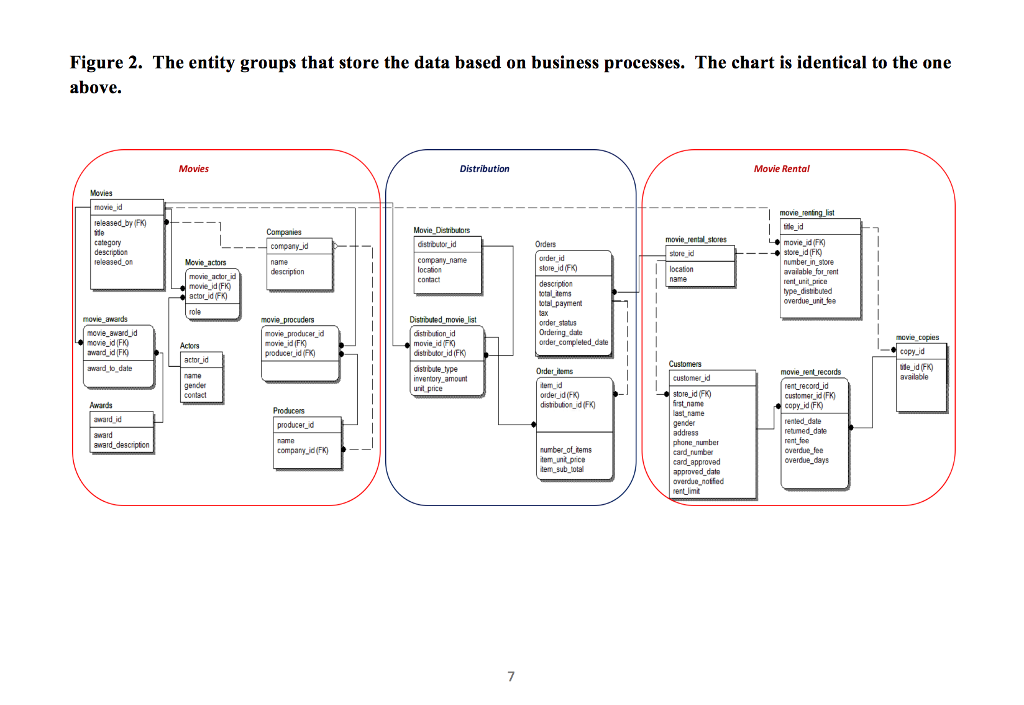Question
1) Create Oracle database tables using SQL Data Definition Language (DDL) for each table listed in the metadata of Assignment 1. You may need to
1) Create Oracle database tables using SQL Data Definition Language (DDL) for each table listed in the metadata of Assignment 1. You may need to use a combination of DROP TABLE, CREATE TABLE, and ALTER TABLE SQL statements. Make sure that entity and referential integrity are enforced by declaring a primary key for each table (these may be composite keys) and declaring all appropriate foreign keys. Your CREATE TABLE and ALTER TABLE statements (if desired) must show integrity constraints, as appropriate, for NOT NULL, UNIQUE, PRIMARY KEY, FOREIGN KEY, REFERENCES, and CHECK constraints. Be sure to save your SQL script file used to create these tables with a .sql extension and your output SPOOL file with a .lst or .txt extension. You should rerun and test your SQL script file until it runs without any errors (this is why youll want to include DROP TABLE statements). Submit your SPOOL file showing that all SQL in your SQL script file worked properly.

| Tables | Clomns | Keys | Comments |
| Movies | Movie_id Number(5) Title Varchar2(30) Description Varchar2(100) Released_by Number(3) Released_on Date | Movie_id is primary key .
Released_by is a foreign key reference to company_id in Companies | This table is used to store movie data related to movie itself, such as title or content description.
Production companies release their movies on given days. The companies are referenced by their ids. Actors played in movie cannot store here because movie and actors are M:N relationship. Need additional associative entity (actor_in_movies) to establish two 1:N relationships to deal with the case. Movies to actor_in_movies Actors to actor_in_movies Awards and movies have the same relationship (M:N) as above. Movie_awarded working the same way as actor_in_movie.
|
| Companies | Company_id Number(3) Name Varchar2(30) Description Varchar2(100) | Company_id is primary key of the table | This table is used to store data related to production company. |
| Producers | Producer_id Number(5) Name Varchar2(30) Company_id Number(3) | Producer_id is primary key Company_id is a foreign key to Companies | This entity stores movie producer data. |
| Movie_producers | Movie_producer_id Number(5) Movie_id Number(5) Producer_id Number(5) |
| Associative entity to resolve N:M between movies and producers |
| Awards | Award_id Number(3) Award Varchar2(30) Award_description Varchar2(100)
| Award_id is primary key
|
|
| Movie_awards | Movie_award_id Number(5) Movie_id Number(5) Award_id Number(3) Awarded_date Date | Movie_award_id is primary key Movie_id id foreign key to movie_id in Movies. Award_id is a foreign key to Awards.
| Associative entity to resolve N:M between movies and awards Movie_id and Award_id are foreign key to reference to the attributes in corresponding parent entities. |
| Actors | Actor_id Number(5) Name Varchar2(30 Gender Char(1) Contact Varchar2(30 | Actor_id is primary key
|
|
| Actor_in_movies | Actor_in_movie_id Number(5) Actor_id Number(5) Movie_id Number(5)
| Actor_in_movie__id Is primary key
Actor_id is foreign key to reference to Actors
Movie_id is foreign key to reference to Movies | Associative entity to resolve N:M between movies and actors.
Actor_id and Movie_id are foreign key to reference to the attributes in corresponding parent entities. |
| Distributed_movie_list | Distribution_id Number(8) Movie_id Number(5) Distributor_id Number(3) Distribute_type Varchar2(10) Inventory_quantity Number(3) Unit_price number(8,2) | Distribution_id is primary key
Distributor_id is foreign key to reference to Movie_distributors
Movie_id is foreign key to reference to Movies
Note: you should consider use check constriant on Type_distributed To limit values as DVD or VEDIO. | Distributed_movie_list stores data for every movie available on the market (must be in movies entity ) based their released type (DVD or Vedio). The movies in any types are distributed by a distributor listed in distributors. Quantity of each available type of movies are stored based on type and distributors.
Movie_id is a foreign key that references movies.
|
| Movie_Distributors | Distributor_id Number(3) Company_name Varchar2(30) Location Varchar2(30) Contact Varchar2(20) | Distributor_id is primary key
| Distributor data is stored in this entity |
| Movie_rental_stores | Store_id Number(4) Location Varchar2(50) Name Varchar2(30) | Store_id is primary key of the table |
|
| Orders | Order_id Number(8) Store_id Number(4) Description Varchar2(30) Total_items Number(3) Total_payment Number(8,2) Tax Number(6.2) Order_status Varchar(22) Ordering_date Date Order_completed_date Date
| Order_id is primary key Store_id is foreign key referencing to movie_rent_stores
| Any orders for DVD or VEDIO should be stored here and each record is uniquely identified by order_id.
|
| Order_items | Item_id Number(10) Order_id Number(8) distribution_id Number(8) number_of_items Number(3) item_unit_price Number(5) item_sub_total Number(10)
| Item_id is primary key
Order_id is a foreign key to reference to Orders
Distribution_id_id is a foreign key to reference to distributed_movie_list | Item_id identifies each item in a particular order. Any item ordered should be in an order. Any items ordered must be available in distribution_list.
Order items are listed in order_items entity that must references order_id in orders and also it should reference distribution_list
Multiple copies of the same item should be only in one record.
Order_id is a foreign key that references orders.
distribution_id is a foreign key that references distributed_movie_list.
|
| Customers | Customer_id Number(5) Store_id Number(4) Firstname Varchar2(20) Lastname Varchar2(20) Gender Char(1) Address Varchar2(50) Card_approved Char(1) Card_approved_date Date Phone_number Varchar2(10) Card_number Number(10) Rent_limit Number(2) Overdue_notified Char(1) | Customer_id is primary key
Store_id is a foreign key to reference to Movie_rent_stores.
| Store data for movie renting customers |
| Movie_renting_list | Title_id Number(5) Movie_id Number(5) Store_id Number(4) Number_in_store Number(2) Available_for_rent Char(1) Rent_unit_price Number(5,2) Type_distributed Varchar2(10) Overdue_unit_fee Number(5,2) | Title_id is primary key
Movie_id is foreign key to Movies
Store_id is a foreign key to Stores
| The movies should be available (listed in movies)
Movie_id is foreign key references to movies
The movies should be also in store, meaning purchased. This is better controlled at application level. Not in database level so we do not add any additional relationship to other related entity, such as order_items
|
| movie_copies | Copy_id Number(5) Title_id Number(5) Available Char(1) | Copy_id is primary key
Title_id is a foreign key to movie_renting_list | Each renting title may have one or more copies. This entity is a child of renting_titles to record each copy of the given title of renting movie.
Title_id is foreign key that references renting_titles.
Movie availability should be always checked.
|
| Movie_rent_records | Rent_record_id Number(8) Customer_id Number(5) Copy_id Number(5) Rented_date Date Returned_date Date Rent_fee Number(5,2) Overdue_fee Number(5,2) Overdue_days Number(2) | Rent_record_id is primary key Customer_id is a foreign key to Customers Copy_id is a foreign key to reference movie_copies. | customers and title_copies have M:N relationship. Therefore, movie_renting is used to resolve the issue to create two 1:N relationships, respectively.
|
Step by Step Solution
There are 3 Steps involved in it
Step: 1

Get Instant Access to Expert-Tailored Solutions
See step-by-step solutions with expert insights and AI powered tools for academic success
Step: 2

Step: 3

Ace Your Homework with AI
Get the answers you need in no time with our AI-driven, step-by-step assistance
Get Started


